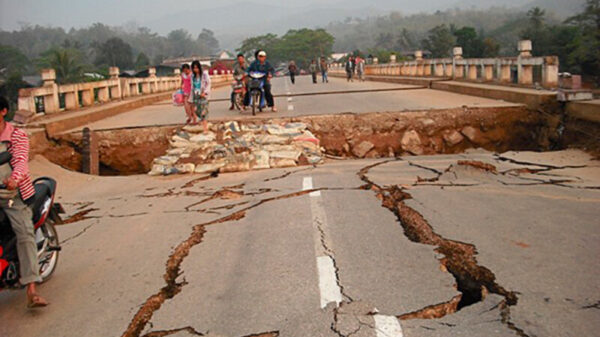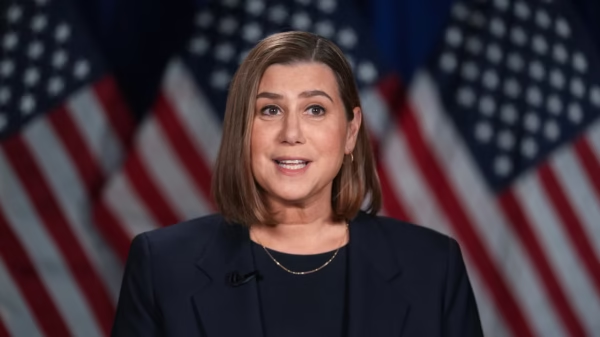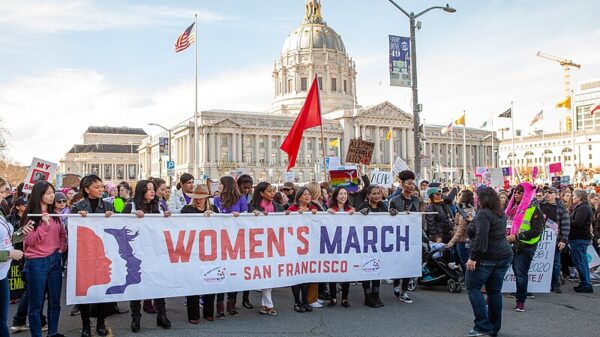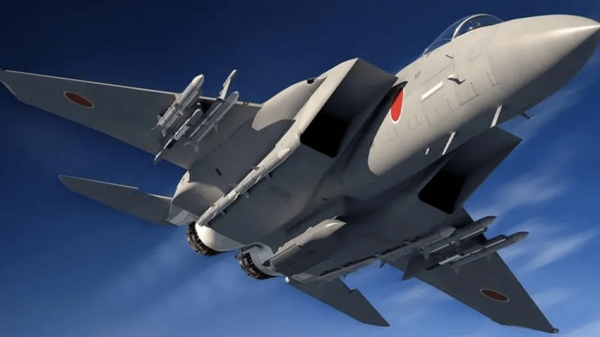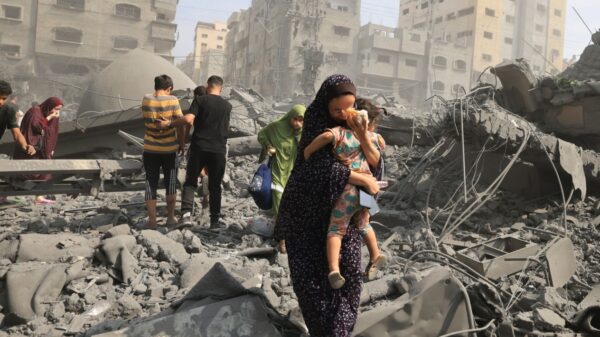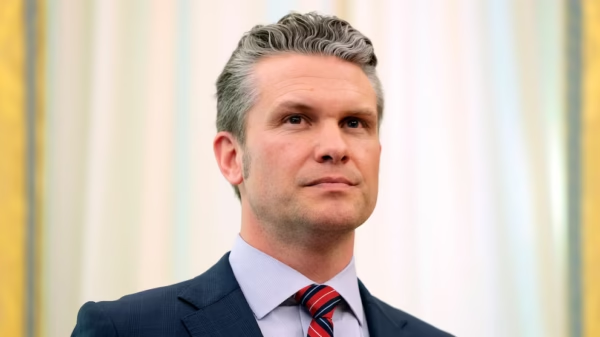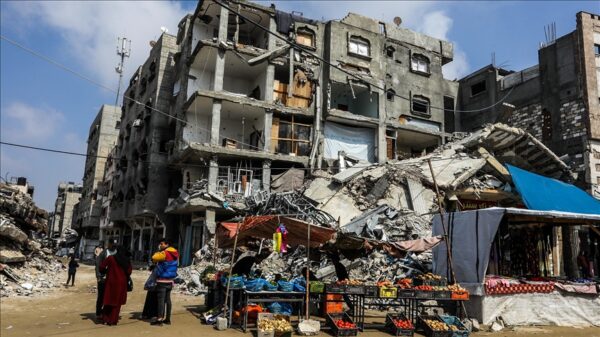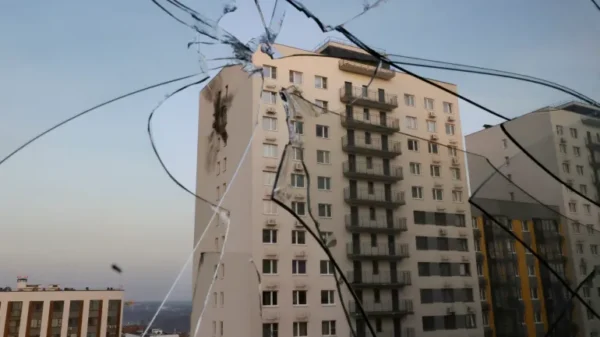Israeli Airstrikes in Gaza Result in Civilian Casualties
Renewed Israeli military airstrikes in the Gaza Strip have led to significant civilian casualties, raising alarm within the international community. As tensions escalate, humanitarian groups are calling for immediate efforts to de-escalate the violence.
Intensified Bombing Campaign Targets Gaza
The Israeli Defense Forces (IDF) launched a series of airstrikes targeting what they described as Hamas infrastructure and command centers. The bombardment focused on densely populated areas, causing widespread destruction and panic among residents.
High Civilian Toll Sparks Outcry
Palestinian health authorities reported dozens of civilian deaths, including women and children. Hospitals across Gaza are overwhelmed with the influx of wounded civilians, many of whom are victims of collapsed buildings and secondary explosions.
Infrastructure in Ruins
Critical infrastructure, including roads, water facilities, and electrical substations, has suffered severe damage. The destruction has disrupted essential services for thousands of residents, exacerbating Gaza’s already dire humanitarian situation.
IDF Justifies Actions as Defensive
In a statement, the Israeli military said the strikes were in response to recent rocket fire launched from Gaza into southern Israel. Israeli officials maintain that the attacks were aimed solely at militant targets and that civilian casualties were unintentional.
UN Urges Immediate Ceasefire
The United Nations has expressed deep concern over the growing civilian death toll. UN Secretary-General António Guterres called for an immediate ceasefire and urged all parties to exercise maximum restraint to prevent further loss of life.
International Community Reacts
Leaders from the European Union, the Arab League, and the United States have issued statements condemning the civilian casualties and calling for both sides to return to diplomatic negotiations. Protests have erupted in several global cities demanding a halt to the violence.
Humanitarian Crisis Worsens
Aid organizations report that Gaza’s humanitarian crisis is deepening. Access to food, clean water, and medical supplies is becoming increasingly limited due to infrastructure damage and ongoing hostilities, putting lives at greater risk.
Evacuation Zones Established
In response to the bombings, local authorities in Gaza have established emergency evacuation zones, although many residents are unable to flee due to blockades and limited transportation. Shelters are overcrowded and lack basic amenities.
Children Among the Most Affected
UNICEF has reported that a growing number of children are being killed or injured in the conflict. Many have also been psychologically traumatized by the constant air raids, with long-term mental health concerns emerging.
Media Outlets Face Restrictions
Several journalists attempting to report from Gaza have faced challenges due to damaged communication networks and restricted access to key sites. This has raised concerns over transparency and the accurate documentation of civilian harm.
Calls for Independent Investigation
Human rights groups such as Amnesty International and Human Rights Watch are calling for an independent investigation into the strikes, alleging potential violations of international humanitarian law if civilians were deliberately or negligently targeted.
Political Fallout in Israel and Palestine
The renewed violence is affecting political stability in both territories. In Israel, opposition parties have criticized the government’s approach, while in Gaza, public anger is mounting against both militant leaders and foreign powers perceived as indifferent.
Efforts Toward De-escalation Ongoing
Diplomatic intermediaries, including Egypt and Qatar, are reportedly working behind the scenes to broker a new ceasefire agreement. However, progress has been slow amid mutual distrust and continuous rocket exchanges.
Conclusion: A Crisis Demanding Urgent Action
The latest round of violence in Gaza underscores the urgent need for a sustainable ceasefire and a renewed focus on peacebuilding. As civilian casualties rise and infrastructure crumbles, the international community faces mounting pressure to intervene and prevent further tragedy.


